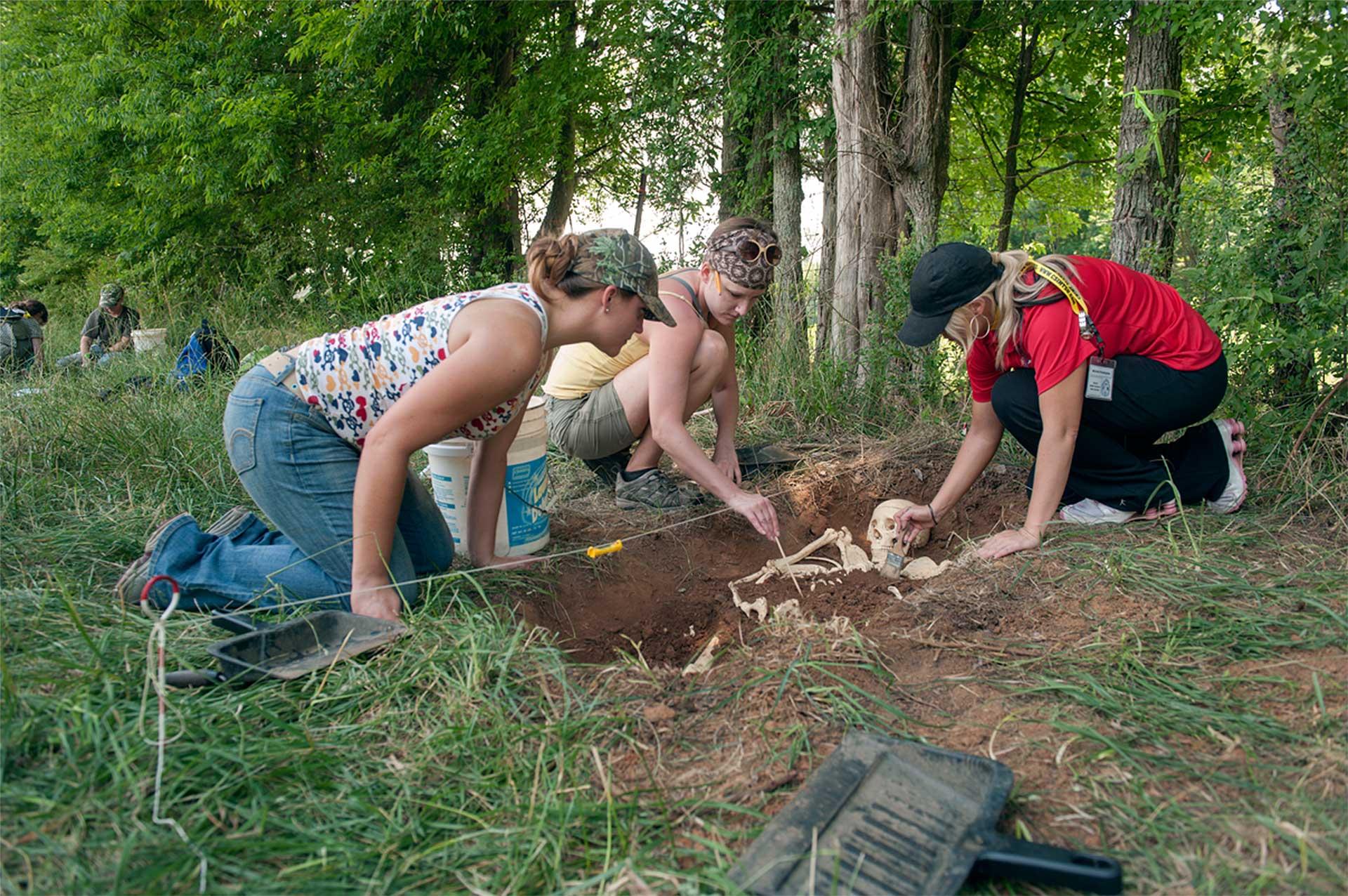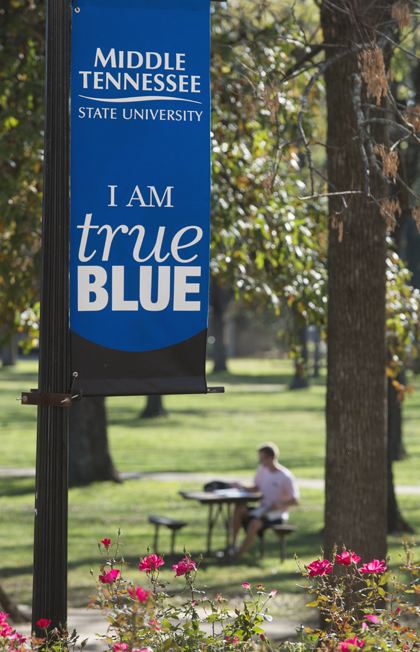
Sociology
Dive into the study of crime, its causes, and societal impacts and prepare for a career in a variety of fields.
Sociology, Criminology Concentration, B.S.
Sociology is the study of social life, social change, and the social causes and consequences of human behavior. It is an expanding field that addresses challenging issues such as family dynamics, inequality, patterns of behavior, and forces for social change and resistance. Sociologists' research can be applied to virtually any aspect of social life, from crime to corporate downsizing.
Students may pursue a B.A. or a B.S. in Sociology. The B.A. requires a foreign language and an additional minor. The B.S. can be taken with a general focus (2 minors required) or it can be taken with one of three concentrations (1 minor required): Criminology, Social Justice, or Work and Family Studies.
The Criminology concentration is a rigorous program that provides students with a comprehensive understanding and critical analysis of the causes and control of crime, as well as how crime is defined, presented, and responded to within contemporary society. Students who complete Criminology concentration with a Sociology major will be well-prepared to pursue a diverse range of rewarding career options in federal and state institutions, law enforcement, the courts and corrections, victims services, mental health services, community planning, consulting, private and non-profit organizations, and graduate or law school. Students in Criminology concentration must complete 21 credit hours of criminology courses including two required courses (SOC 4300 and SOC 4540) and the remaining hours as guided electives. A single minor is required for the Criminology concentration.
Related Media

Students in this major often pursue careers in the following areas:
- Community organizer and advocate
- Correctional officer
- Crime data analyst
- Crime victim advocate
- Criminal defense attorney
- Criminal investigator
- Criminal profiler
- Criminal prosecutor
- Criminologist
- Criminology Professor
- Detective and investigator
- Internal affairs investigator
- Investigative analyst
- Investigative reporter
- Loss prevention specialist
- Manager of an investigations unit
- Paralegal
- Parole officer
- Police officer
- Policy analyst
- Probation officer
- Social worker



CONTACT US

Please fill in the form below and we will contact you very soon










